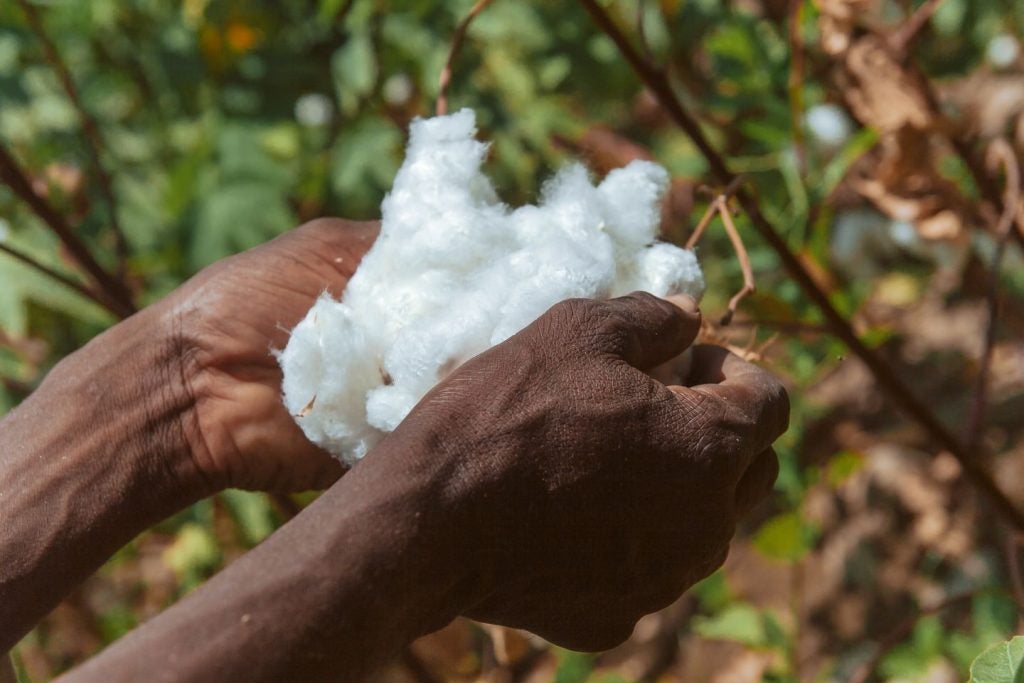Following the release of its latest report update: 'Cotton: A Case Study in Misinformation,' the Transformers Foundation said though it advocated for “dependable data and transparent methodologies and contextual understanding as essential tools for well-informed decision making and strategy implementation, the real transformation lay in reshaping the cotton farmer-industry relationship.
“It's crucial to recognise that without knowing who the farmers are, it’s challenging to be a better partner to them.”
"The report update aims to clarify the fashion industry’s “misinformation problem” with the most current and sound data from ICAC with new data on fertilisers that was previously uncovered.
“Fashion’s narrative, particularly surrounding cotton, has been entangled in a web of half-truths and misconceptions. Transformers Foundation first sought to illuminate these issues in our 2021 report 'Cotton: A Case Study in Misinformation', and now, recognising the evolving dynamics and the imperative of accurate information, we are presenting an updated report.”
“The data gaps presented in this paper reveal a much deeper, structural challenge — the issue of partnerships. The future of cotton isn’t only about what numbers state, but about understanding the individual farmers, the communities, and the unique challenges they face. It’s about recognising that each statistic has a human story, a local challenge, and a partnership opportunity behind it.
Redefining cotton sourcing requires reimagining these partnerships. It means looking beyond global averages, understanding the nuances of regional differences, and valuing the role of individual farmers. Because, if the industry wants to champion cotton farmers and foster transformations to mitigate varied impacts, it must move beyond traditional sourcing models that overshadow the essence of the cotton industry: the growers themselves.
The report hopes to help readers become equipped with factual clarity but they are also urged to rethink cotton sourcing from its roots. This is not just a quest for data; it’s a journey towards cultivating more responsible, equitable, and holistic partnerships within the fashion world.
Five aims of the Transformers Foundation paper:
- Gather and publicly share the best available data and context on cotton to use in place of misinformation
- Build on previous work with updated data and analysis on cotton production, pesticide use and fertilisers and highlighting key trends and water usage in the industry.
- Foster the cotton industry’s consensus around the data contained in the report so that it is trusted and usable for the industry and the wider public.
- Help the fashion industry understand how complex cotton production practices and resource use decisions can be
- Urge readers to rethink the way cotton is sourced.
“By accurately and trustworthily presenting data, we aim to dispel misinformation and foster a more sophisticated discourse on the global cotton industry's challenges and opportunities.”
The report makes the following calls to action:
- Do your data due diligence. Conduct thorough, localised data analysis with context to inform decisions
- Advocate for transparency and disclosure of data to ensure ethical production
- Rethink the way we source cotton. Prioritize responsible sourcing, support farmers in adopting sustainable practices, and invest in new technologies.















